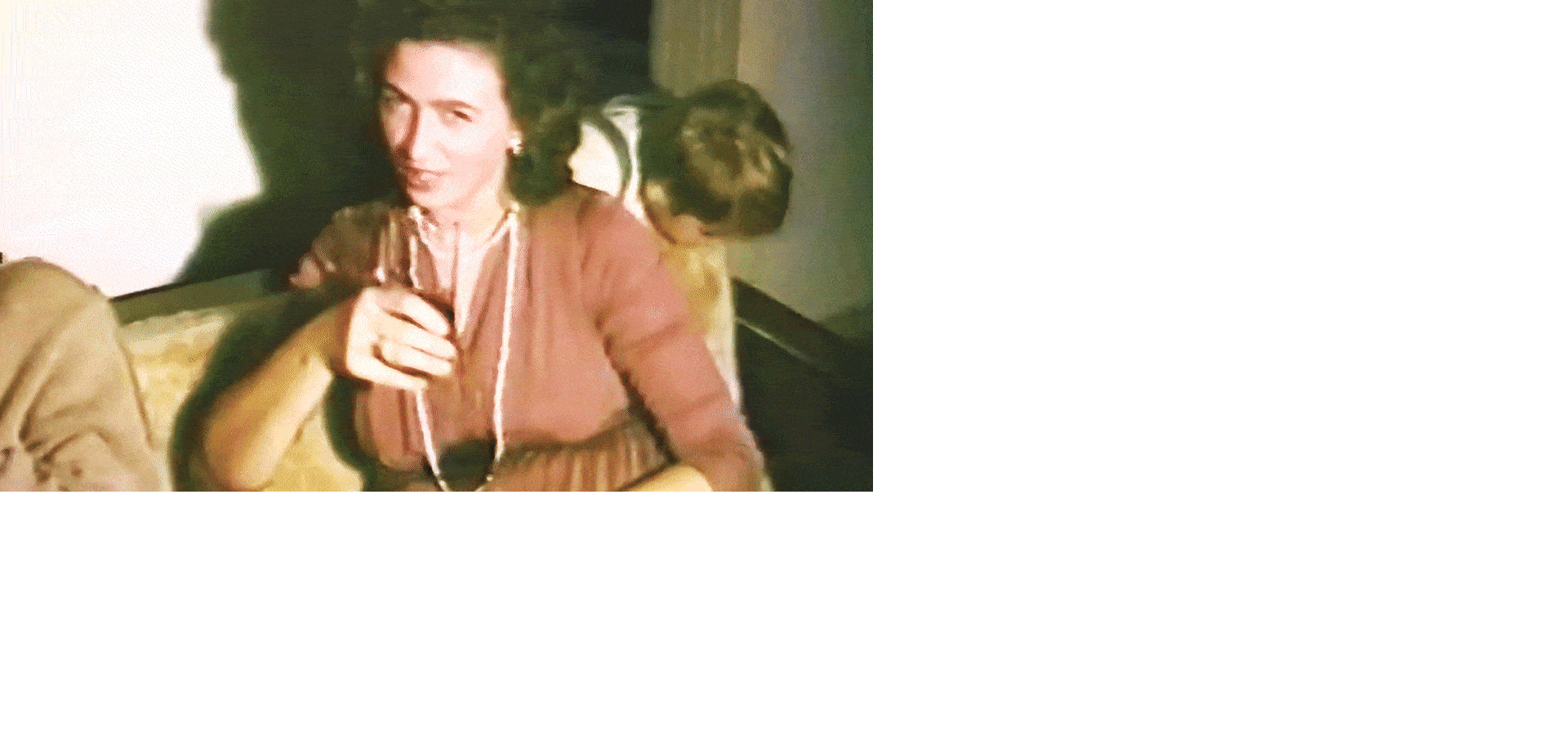
A glimpse into Dokufest’s National Competition
Four Kosovar filmmakers speak about their art.
|05.08.2024
|

I’m an actress. I started acting in 1992, when I was in my second year of university. It was a strange time. Because we couldn’t study at school, we had to find other solutions. We had the opportunity to do our main acting classes in Dodona Theater. That wasn’t so bad because we were on the stage from the very beginning.
When you love everything, acting is the best place to be. One day you will be a lawyer, one day you will be a housewife. I find it beautiful to change, to have the ability to change yourself. That’s one of the things that made me feel, always, that I don’t belong anywhere. Maybe I chose acting because of it. After I got divorced, I felt that I didn’t belong to my birth family or to
Kosovo has a lot of patterns to change. As a nation we tend to lose our identity in anything foreign.
Something new is beginning, something new is happening. And to start something, you have to abandon the old thing.

I used to be, and I still consider myself, a photographer. For me it all started with photography. I carried a small camera with me when I was a kid — I took photos of my family, friends, and then, later, I tried to kind of create some stories through those photographs, starting somewhere around high school.
But during this process, I found I had some ideas that didn’t fit in photography. So I was forced to find a new format — that was cinema. I never was a cinephile or anything, it just came naturally from photography. It came more like a need, like a tool. I studied then at Sarajevo Film Academy and, after that, I did this diploma film, “Sea by the River and River by the Sea,” which was in some festivals. And then “Fran and Verka.”
We're creating a society with empty mosaics — only some pieces are there.

I was born in Kosovo. My family fled to Switzerland because of my father. He was politically active and jailed for his activism — we were forced to flee as tensions rose in the 90s. And then I had a classic migrant life in Switzerland.
While I was learning IT in Switzerland, I figured out I really like design. I love visual things, light. But for a very long time, I didn’t know you could study film. I thought only privileged people could make movies — people with a lot of money. I never saw myself there because I thought it was not possible — until I learned you could actually study it. And this became my goal.
Being a migrant made me much more self-critical, but it also made me much more reflective about the world and migration, the West, racism, all these things I wouldn’t have dealt with if it wasn't a necessity.
I cannot exist without hope. And so I try to do what I can and to do it with passion and hope that other things will follow.

I’m a film director, writer, producer and, most of the time, an editor. I do my films by myself because they’re a mix of documentary and fiction, so I like to be involved in all the phases. My first feature film, “Looking For Venera,” established me much more than my previous shorts. Now I have this short “Like a Sick Yellow.” Many people found it a bit weird that I did a short after a feature film. But I thought it was so important — the story must be told.
I was born in Kosovo. I lived in Denmark and then in Prague for a long time. I’ve made films in many countries, but I would love to do more films in Kosovo. I would like to understand its nuances. There is no other place I get people
We say this is my reality. But in a big family, everybody's reality is so different.

Emily Soreghan
Emily Soreghan is a writer from Oklahoma. Back home, she focused on the ecology of the Great Plains, the nature of belonging and how energy development impacts rural communities. She is in Kosovo on a Fulbright grant and worked as an editorial intern for K2.0.
This story was originally written in English.